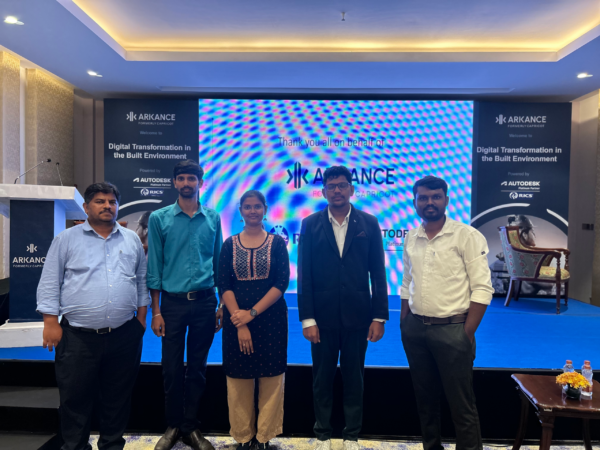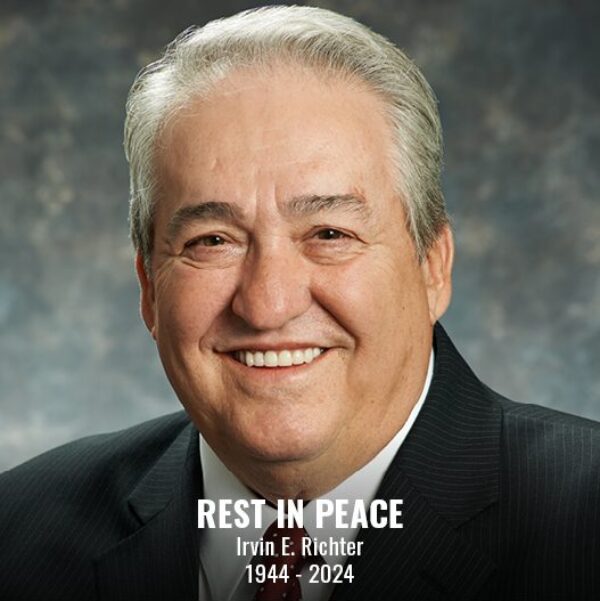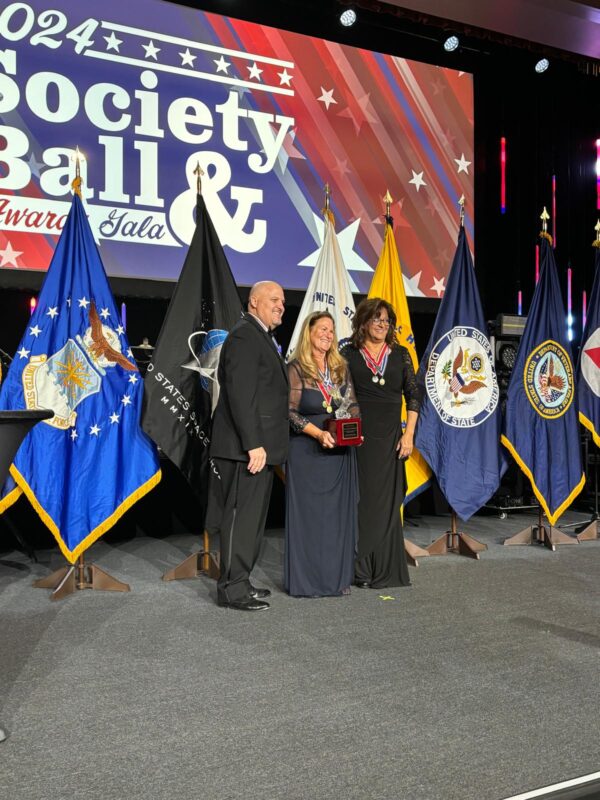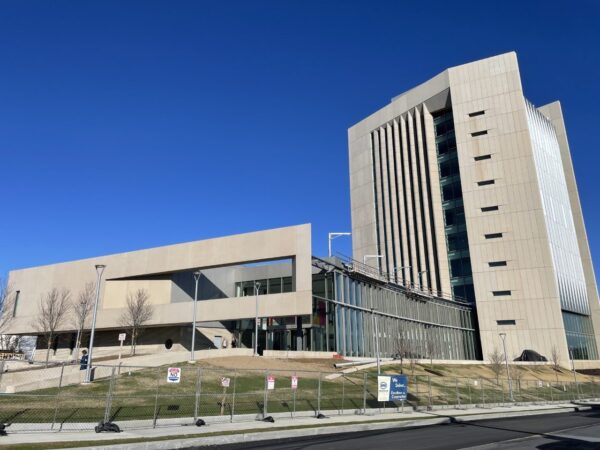
July 15, 2024 | Articles
Construction’s Digital Transformation & The Tools of Modern Project Management

Hill International has helped successfully deliver water and wastewater infrastructure projects and programs for public utilities around the world. These assignments, encompassing hundreds of miles of pipeline and dozens of treatment plants, have improved the quality of life and reduced environmental impacts for millions of people. Hill brings the lessons learned and best practices from this experience to the Republic of Georgia, where the company is leading a JV to provide construction supervision support to the United Water Supply Company of Georgia (UWSCG) on an ambitious new development project.
UWSCG provides water supply and sanitation services to municipalities throughout the country. The main activities of UWSCG are water extraction, treatment, and supply, as well as design, construction, maintenance, and operation of water supply and wastewater networks. In total, UWSCG provides services to more than 306,000 domestic customers.
UWSCG’s project will deliver new/upgraded sewage treatment plants, sewage systems, and water supply systems to customers in the cities of Marneuli, Bolnisi, and Chiatura. The work will improve water supply and sanitation service efficiency, leading to improved health for residents. The project also entails implementation support and a targeted public awareness program, including circulating hygiene and sanitation information.
The work is a key part of Georgia’s recently intensified development program. Launched under the auspices of the Ministry of Regional Development and Infrastructure, this program is improving water supply and sanitation across the country. The Marneuli, Bolnisi, and Chiatura projects will leverage Hill’s global experience and best practices gained on similar water/wastewater projects. Specifically, the Hill-led JV will provide design review, construction supervision, training for UWSCG staff, and commissioning services. Hill’s expertise will be valuable in managing the concurrent contracts across the three municipalities while disseminating information and lessons learned program-wide.
The program is largely financed by the Asian Development Bank. The bank is investing more than 99 million euros in the work, representing a nearly 85% stake, while local government entities finance the remaining costs. All project contracts will be conducted under the FIDIC Conditions of Contract for Construction for Building and Engineering Works Designed by the Employer – Multilateral Development Bank Harmonized Edition, March 2006 (sometimes known as the FIDIC Pink Book). All Sewage Treatment Plants will be contracted under the FIDIC Conditions of Contract for Plant & Design-Build (First Edition, 1999) (FIDIC Yellow Book).
Share

July 15, 2024 | Articles
Construction’s Digital Transformation & The Tools of Modern Project Management

July 10, 2024 | Articles
GC/CM at Post Falls: Managing Avista’s North Channel Dam Rehabilitation Project

June 23, 2024 | Articles
Irv Richter – An Innovator, A Pioneer, A Leader (1944 – 2024)

June 14, 2024 | Articles
Environment of Care Standards – Meeting the Challenge (Part Two)

June 13, 2024 | Articles
PMO for Public Transit Project Success: The Reopening of Philadelphia’s Franklin Square Station

June 7, 2024 | Articles

May 17, 2024 | Articles
Hill Interim Federal Market Sector Leader Jane Penny Receives Golden Eagle Award

April 11, 2024 | Articles
A Model Move: Managing Move-In at the Sylvia H. Rambo U.S. Courthouse
We and use cookies and other tracking technologies to improve your experience on our website. We may store and/or access information on a device and process personal data, such as your IP address and browsing data, for personalised advertising and content, advertising and content measurement, audience research and services development. Additionally, we may utilize precise geolocation data and identification through device scanning.
Please note that your consent will be valid across all our subdomains. You can change or withdraw your consent at any time by clicking the “Consent Preferences” button at the bottom of your screen. We respect your choices and are committed to providing you with a transparent and secure browsing experience.
| Cookie | Duration | Description |
|---|---|---|
| cookielawinfo-checbox-analytics | 11 months | This cookie is set by GDPR Cookie Consent plugin. The cookie is used to store the user consent for the cookies in the category "Analytics". |
| cookielawinfo-checbox-functional | 11 months | The cookie is set by GDPR cookie consent to record the user consent for the cookies in the category "Functional". |
| cookielawinfo-checbox-others | 11 months | This cookie is set by GDPR Cookie Consent plugin. The cookie is used to store the user consent for the cookies in the category "Other. |
| cookielawinfo-checkbox-necessary | 11 months | This cookie is set by GDPR Cookie Consent plugin. The cookies is used to store the user consent for the cookies in the category "Necessary". |
| cookielawinfo-checkbox-performance | 11 months | This cookie is set by GDPR Cookie Consent plugin. The cookie is used to store the user consent for the cookies in the category "Performance". |
| viewed_cookie_policy | 11 months | The cookie is set by the GDPR Cookie Consent plugin and is used to store whether or not user has consented to the use of cookies. It does not store any personal data. |


